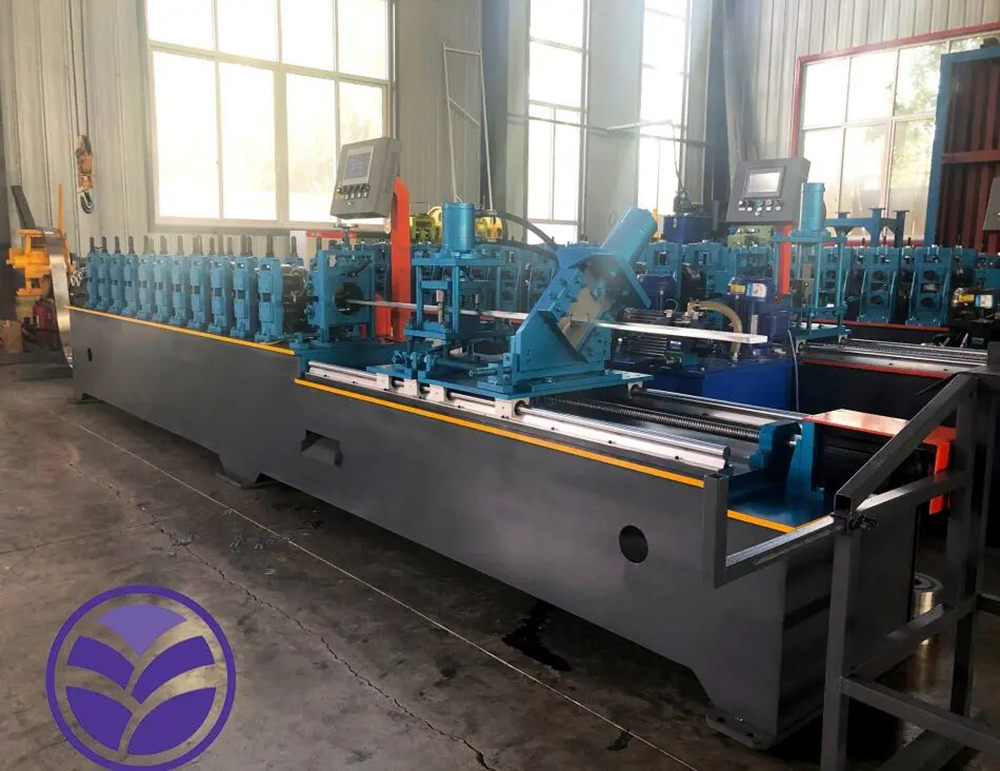Roof tiles are an essential component of any building, serving both functional and aesthetic purposes. Traditionally, roof tiles have been made by hand, which is a labor-intensive and time-consuming process. However, with the advancement of technology, roof tile machines have been developed to streamline and automate the production of roof tiles.
A roof tile machine is a specialized piece of equipment designed to manufacture roof tiles efficiently and effectively. These machines are typically equipped with a variety of components, including a clay or concrete mixer, a mold for shaping the tiles, and a kiln for curing the tiles. The process begins with mixing the raw materials, such as clay or concrete, with water to form a workable paste. This paste is then poured into the mold, which is shaped to the desired size and profile of the roof tile. The mold is then placed in the kiln, where the tiles are cured at high temperatures to ensure durability and strength.
One of the key advantages of using a roof tile machine is the speed and efficiency with which roof tiles can be produced.
By automating the manufacturing process, roof tile machines can produce a large number of tiles in a relatively short amount of time, allowing for quick and efficient installation on construction sites. This can be especially beneficial for large-scale construction projects where a significant amount of roof tiles are required
 roof tile machine
roof tile machine.
In addition to speed and efficiency, roof tile machines also offer consistency and precision in the manufacturing process. By using a machine to produce roof tiles, manufacturers can ensure that each tile is uniform in size, shape, and quality. This consistency is crucial for ensuring a proper fit and finish when the tiles are installed on a roof, as well as for maintaining the overall aesthetic appeal of the building.
Furthermore, roof tile machines are capable of producing a wide variety of roof tile styles and designs to meet the diverse needs and preferences of customers. Whether the roof tiles need to be flat, curved, interlocking, or have a specific texture or color, a roof tile machine can be programmed to create the desired look. This flexibility allows for greater customization and personalization in the design of roofs, contributing to the overall appearance and value of a building.
Overall, roof tile machines have revolutionized the production of roof tiles by making the process faster, more efficient, and more precise. Their ability to streamline manufacturing, ensure consistency and quality, and offer a wide range of design options make them an indispensable tool for the roofing industry. As technology continues to advance, we can expect to see further innovations in roof tile machines that will continue to improve and enhance the way roof tiles are made and installed.

